The Hungarian prime minister is set to meet Turkey's Recep Tayyip Erdoğan on Thursday, continuing his efforts to promote his vision for Ukraine — which Volodymyr Zelenskyy has blasted as an attempt to boost his "personal image".
Hungary's Viktor Orbán will cap his country's EU presidency with a meeting with Turkish President Recep Tayyip Erdoğan in Turkey on Thursday, the latest stop in a so-called "Christmas ceasefire" deal that Ukrainian President Volodymyr Zelenskyy has dismissed out of hand.
The visit comes after Orbán said he held a phone call with Russian President Vladimir Putin, much to the dismay of Ukrainian leaders.
The Hungarian prime minister, who has retained relatively close ties with Putin since the full-scale Russian invasion in February 2022, said the pair spoke for an hour, and commented he thought the current fighting in Ukraine was the "most dangerous" seen in weeks.
Orbán's proposals allegedly include a "Christmas ceasefire" as well as a large-scale prisoner exchange. After the call, Orbán said Hungary plans to use all available diplomatic tools to facilitate a ceasefire and peace in Ukraine.
Zelenskyy was highly critical of Orbán's ceasefire efforts, posting on X that achieving "real peace and guaranteed security" requires involvement from the US and Europe as well as "the commitment of all partners to uphold the goals and principles of the UN Charter".
He also accused the Hungarian leader of trying to "boost his personal image" with his ceasefire proposals, and added that there should be no discussions of peace without Ukraine's involvement.
The Office of the Ukrainian President said that Hungary didn't inform Ukraine of the call, and "Ukraine did not authorise Hungary for anything", adding that Ukrainian officials were working "daily" to secure the release of Ukrainian prisoners held in Russia.
"Relevant negotiations for a significant exchange by the end of the year have been ongoing for two weeks now,” presidential adviser Dmytro Lytvyn said.
Orbán hit back on social media, saying Hungary "made new efforts for peace" and calling it "sad" that Zelenskyy rejected the proposals.
"We did what we could!" the Hungarian leader said.
Both sides brace for Trump
Orbán is not the first leader to be criticised for holding a call with Putin, with German Chancellor Olaf Scholz facing similar criticism for speaking to the Russian leader in November.
At the time, Zelenskyy said Scholz had opened "Pandora's box", reiterating that any discussions on a potential peace deal that did not involve Ukraine only undermined efforts to end the war.
The war between Russia and Ukraine has escalated ahead of the inauguration of US president-elect Donald Trump, as Ukraine's allies scramble to put forward proposals that might mitigate any changes Trump would bring to the conflict.
The current president, Joe Biden, has announced billions of dollars of additional support to Ukraine since Trump won the US election last month, and eased limitations on Kyiv using longer-range US-supplied missiles against targets inside Russia.
Trump suggested in recent days that Ukraine should immediately reach a ceasefire agreement, and has repeatedly threatened to cut of critical US military aid to the war-torn country.
On Sunday, Trump repeated he would be open to reducing military aid as well as pull the US out of NATO, prospects that have alarmed Ukraine and its allies.
Ukraine's supporters fear that a quickly negotiated ceasefire deal would mostly land on Putin’s terms and risk allowing Russia to resume the war once its troops recovered.
The pair remain gridlocked in their official visions of what a ceasefire deal could look like, with Putin insisting that Ukraine denounce joining NATO. Zelenskyy has made NATO membership a central part of his plan to end the war.

 3 months ago
35
3 months ago
35
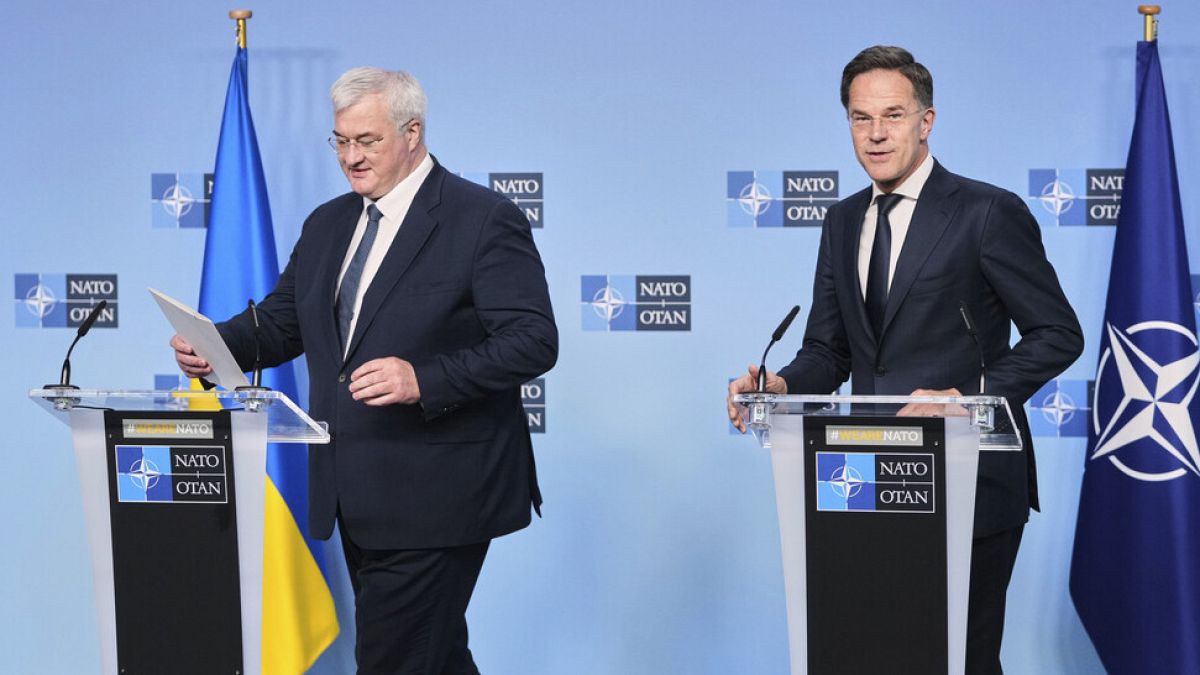
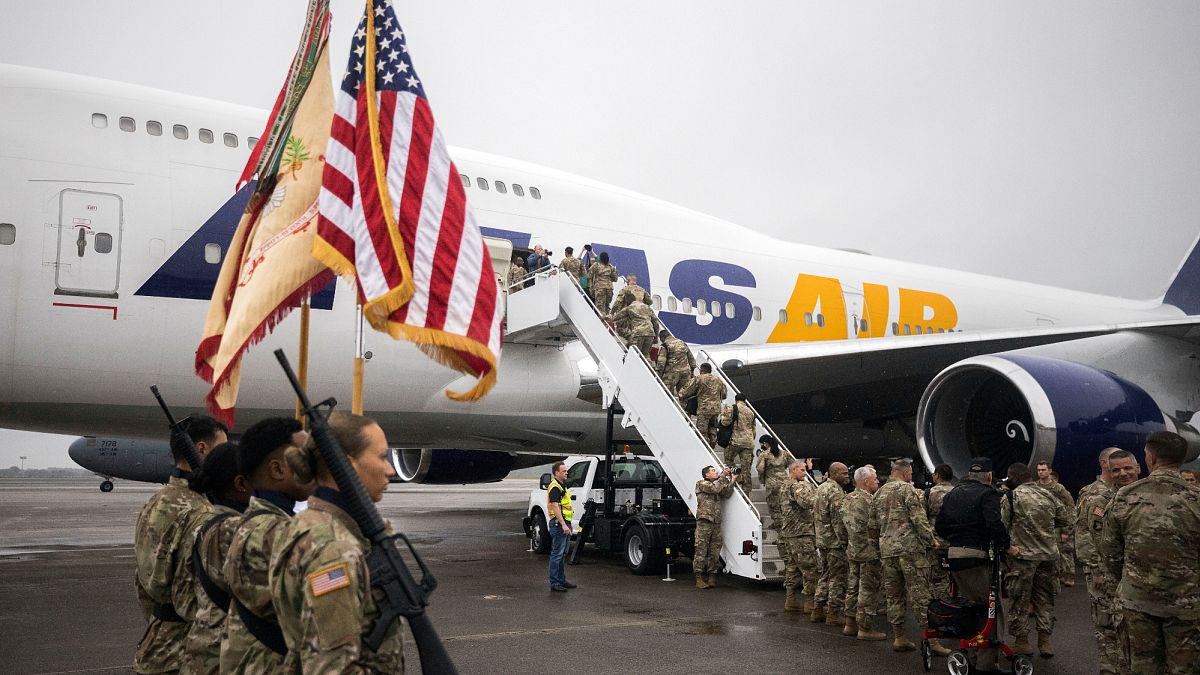
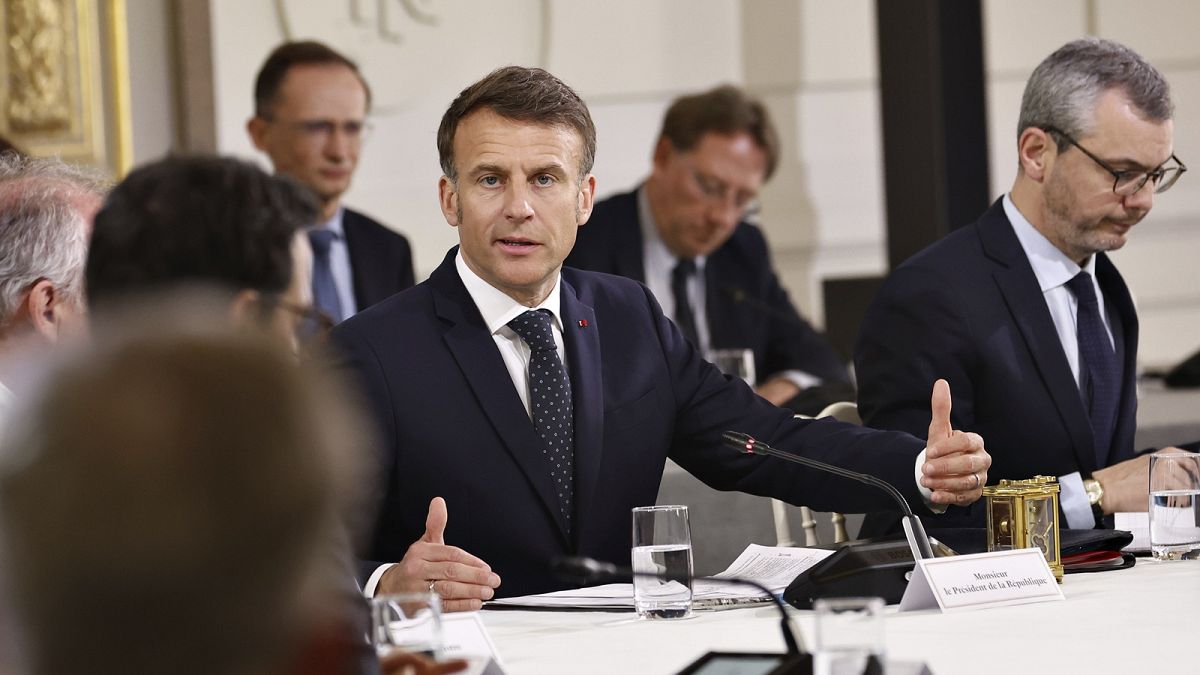
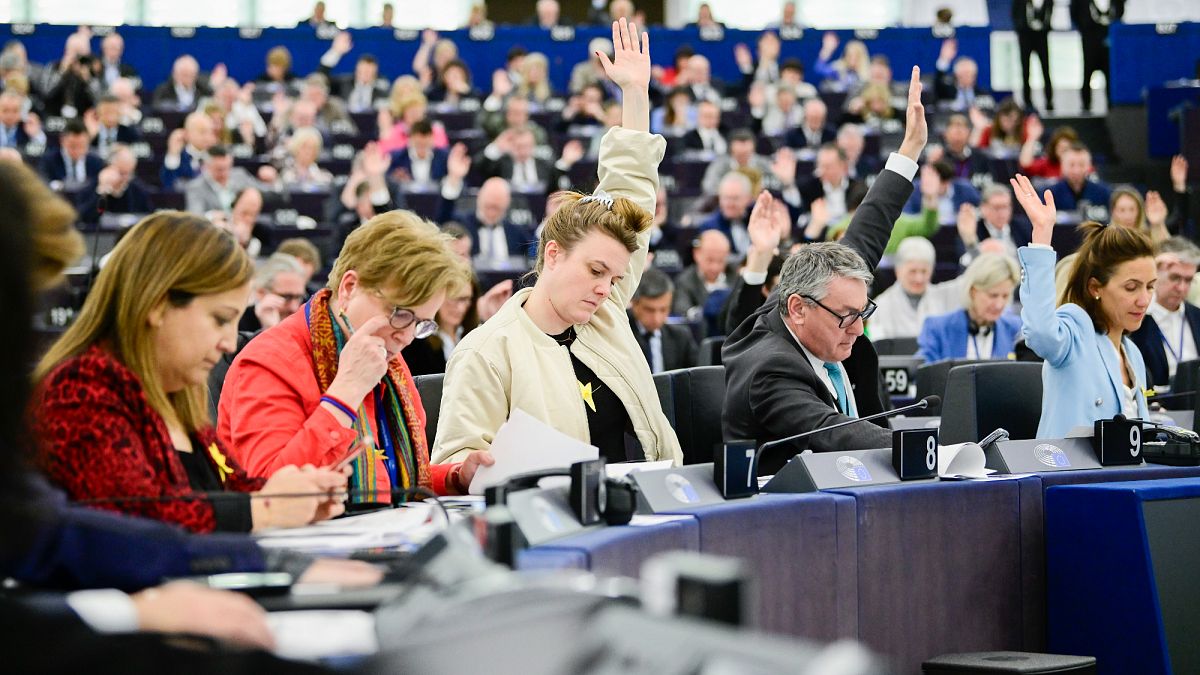

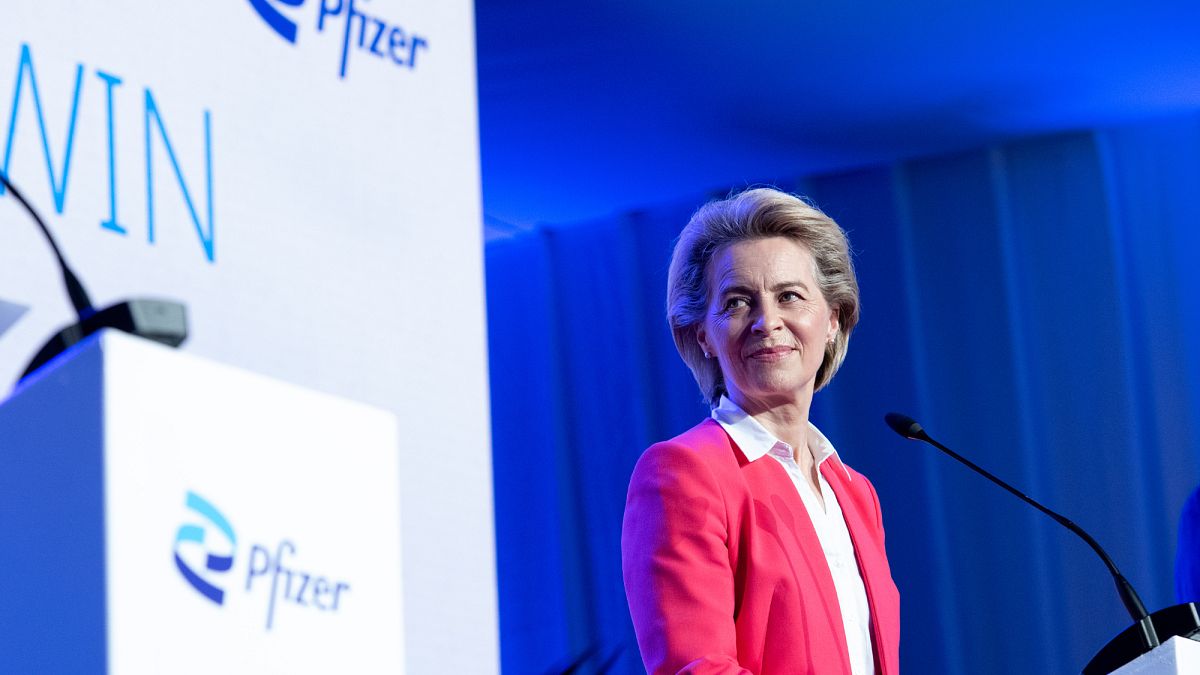
 We deliver critical software at unparalleled value and speed to help your business thrive
We deliver critical software at unparalleled value and speed to help your business thrive






 English (US) ·
English (US) ·